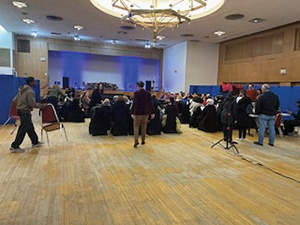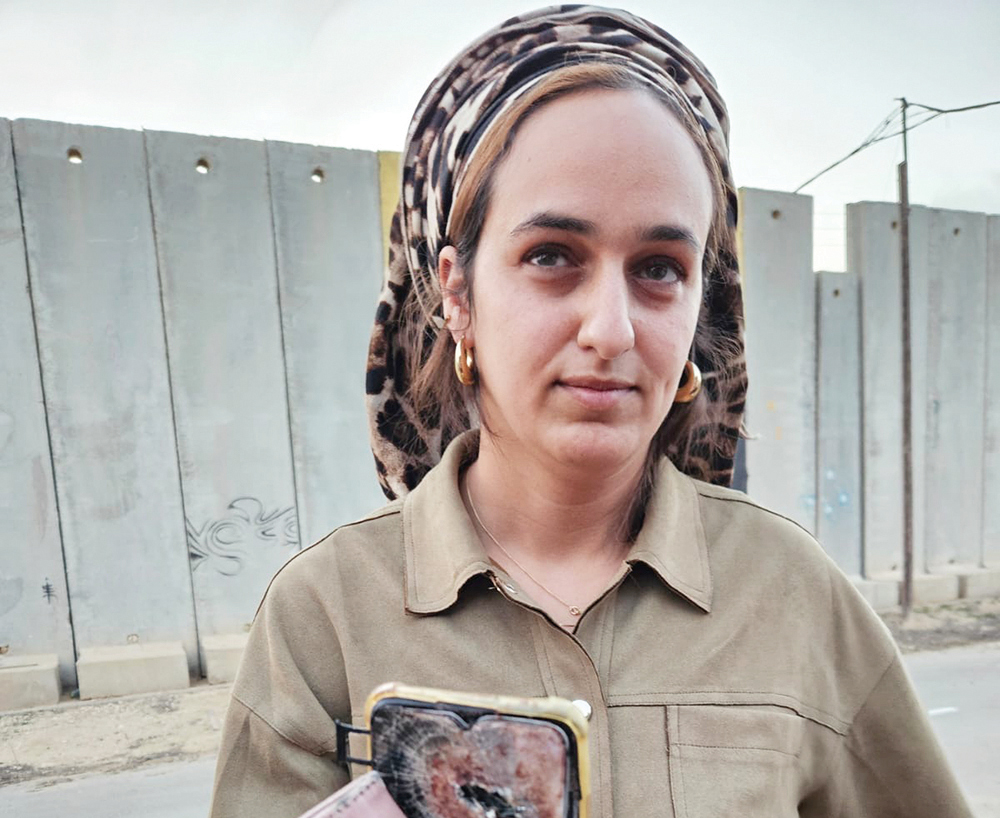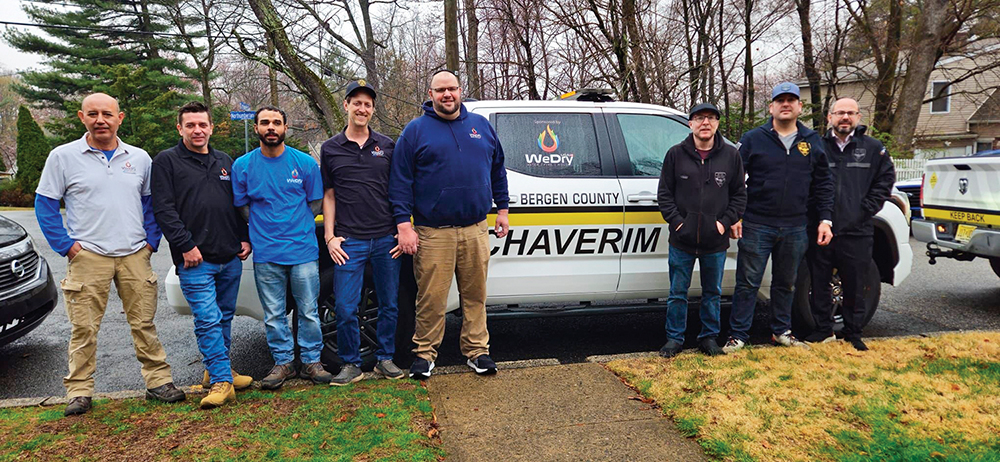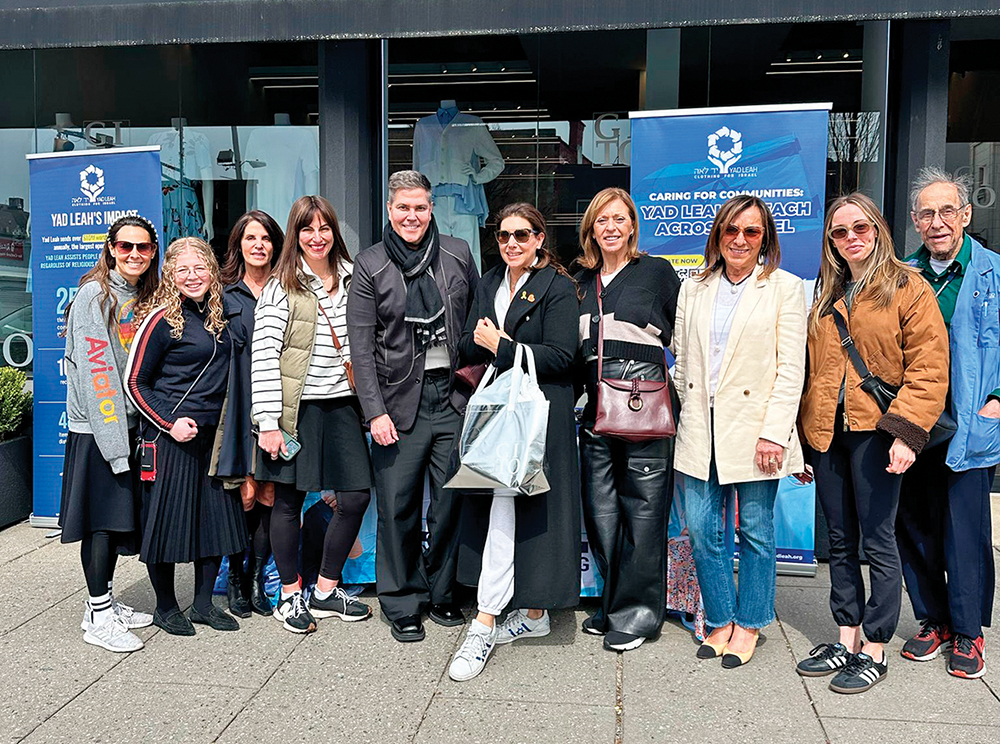The opening verse of the parsha reads: “And Yaakov lived in the land of Egypt for 17 years” (Bereishit 47:28). Rashi, noting the absence of the usual pause or space between this verse and the previous one in the Torah scroll, comments that the parasha is “closed.” He explains that this “closure” symbolizes the imminent approach of Yaakov’s death and the beginning of the Jewish people’s enslavement in Egypt. This moment marks a profound transition, as Yaakov, fully aware of the hardships awaiting his descendants, takes one final opportunity to impart his vision for the future. He requests that his sons bury him in the Cave of Machpelah in Eretz Yisrael, a gesture laden with meaning.
Yaakov’s last wish highlights a core truth —no matter where we may find ourselves, Eretz Yisrael remains our true home. In a time when incidents of antisemitism and violence against Jews are on the rise worldwide, many are increasingly looking to Israel as a place of refuge. Yet, it is crucial to recognize that while antisemitism is a serious and alarming threat, it should never serve as the primary motivation for making aliyah. Aliyah is not simply a retreat from persecution or danger; it is a profound return to our roots – a spiritual and historical call that transcends adverse circumstances. Eretz Yisrael is our promised homeland, a place where our eternal bond to the land endures, irrespective of the challenges we may face in the Diaspora.
Yaakov’s request to be buried in Eretz Yisrael teaches us that our connection to the land is one of purpose, faith and identity. It is a recognition that Israel is not merely a sanctuary but the heart of the Jewish people— the place where we are meant to be, where we must continue our mission as a light unto the nations, and where we are given the opportunity to thrive in full harmony with our heritage.
The prophet Yeshayahu (60:8) paints two vivid images of the Jewish return to the land: “Who are these that fly along like clouds, like doves to their nests?” This verse captures two forms of return. Sometimes, external forces and tumultuous conditions compel the Jews to return, like clouds swept by the wind. However, the ideal return is depicted as a dove, drawn not by outside forces but by an innate longing, a deep, personal yearning to return home. It is not an escape, but a conscious, heart-driven choice to return to one’s rightful place.
While Israel does indeed offer refuge from the dangers Jews may face in other parts of the world, our connection to the land must be driven by a more profound desire — a love for Israel, a yearning to live fully as Jews in the land of our ancestors, and a commitment to contribute to the flourishing of the Jewish state. The decision to make aliyah should be motivated by a positive, proactive yearning to engage in the ongoing story of the Jewish people in Eretz Yisrael, to be part of its bright future, and to help shape its destiny.
As we confront the challenges of rising antisemitism and uncertainty across the globe, let us not view Eretz Yisrael merely as a refuge in times of crisis. It is the very heart of our identity and the land where we are destined to fulfill our spiritual and national mission. May we draw inspiration from Yaakov’s final words, which serve as a reminder that our connection to Israel is central to who we are. For those able to do so, let us consider aliyah not as an escape from hatred but as a profound return to our true home.
Rabbi Yehoshua Fass is the Co-Founder and Executive Director of Nefesh B’Nefesh. He is a member of the Mizrachi Speakers Bureau (www.mizrachi.org/speakers). The RZA-Mizrachi is a broad Religious Zionist organization without a particular political affiliation.












